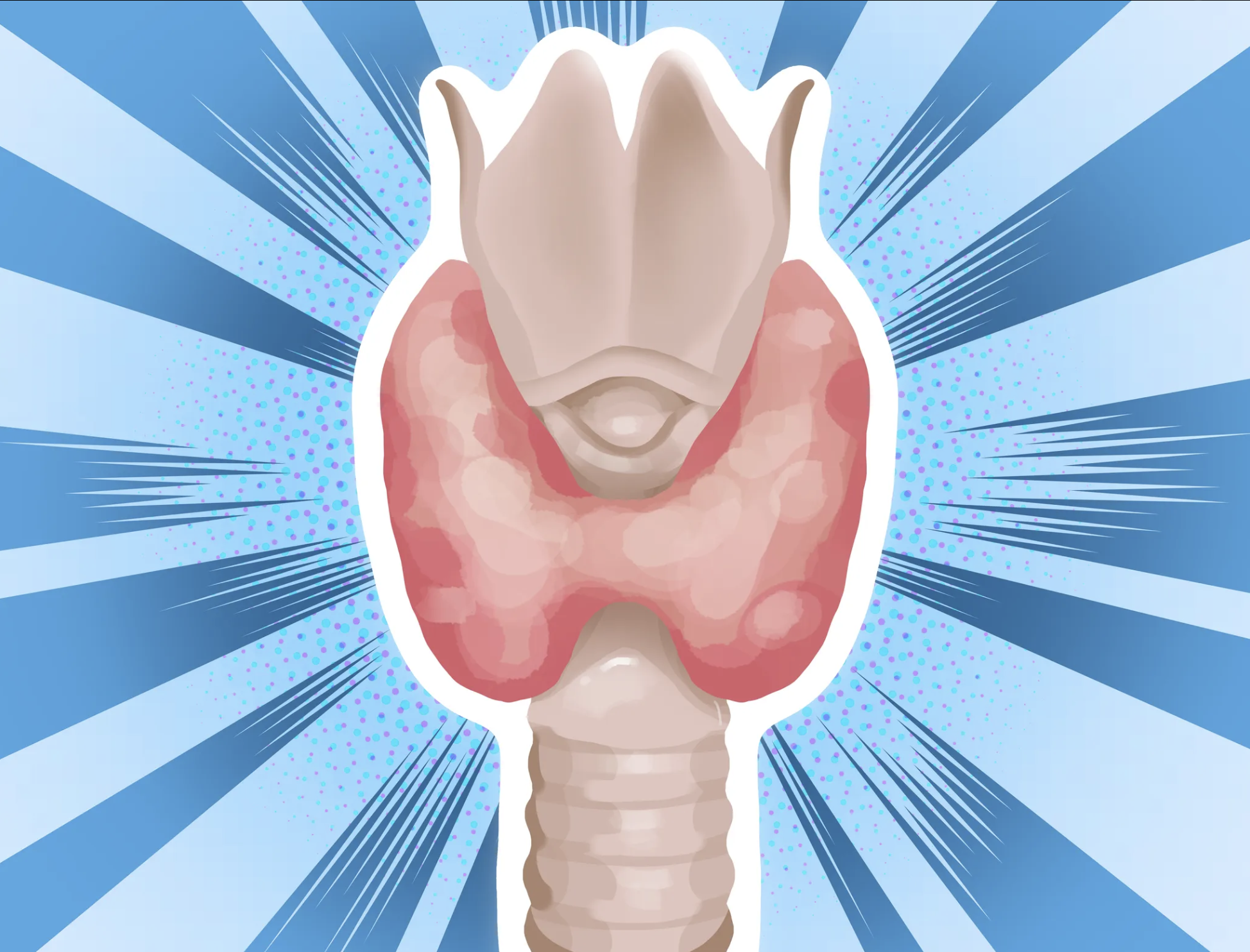
Most people stop at estrogen or testosterone. Maybe they’ve heard of cortisol. That’s it. They link hormones to pregnancy. Or menopause. Or puberty. But hormones do more. They move with every breath. Every hour. Every meal. And they’re always adjusting. Even when nothing seems different.
You believe symptoms must be obvious
Fatigue feels like laziness. Hair loss feels like stress. You don’t connect them. Not right away. You think symptoms should be dramatic. Obvious. But they’re not. They creep. They stay. They become normal. You forget how things used to feel.
You wait for weight gain before you worry
You think, “If I gain weight, something’s off.” But weight changes late. Sometimes never. Hormones can shift without a single pound added. Or dropped. They don’t always show on scales. They show in silence. In brain fog. In moods.
You assume normal lab results mean health
Your tests say “within range.” But you don’t feel right. You’re dismissed. You doubt yourself. Normal isn’t always optimal. Your baseline might be off. One result doesn’t tell the whole story. Timing matters. So does context.
You treat each hormone like it works alone
You separate thyroid from insulin. Cortisol from estrogen. But they talk. Constantly. One shift pulls another. You treat one, the rest respond. It’s not linear. It’s layered. You fix one imbalance, another one speaks louder.
You think age determines hormone trouble
You believe it only starts at 50. Or ends after menopause. But imbalance hits younger too. Teens feel it. So do people in their 20s. Or 30s. It’s not always visible. But it’s there. And often misread.
You assume fatigue means you need more sleep
You sleep more. You still feel exhausted. It’s not rest you need. It’s regulation. Hormones can steal energy while you sleep. Especially cortisol. Especially insulin. Rest without repair isn’t rest at all.
You expect change to come quickly
You take something new. Expect a shift in days. But hormones resist pressure. They need time. The body doesn’t rush balance. It tests, adjusts, pauses. Progress feels invisible before it feels real.
You think one diet fixes everything
You go low carb. Or no sugar. It helps, briefly. Then stops. Hormones adapt. The body changes. One plan won’t last forever. Nutrition helps. But not alone. Timing. Stress. Sleep. They all matter more than macros sometimes.
You believe mood swings are personality
You call it attitude. Or sensitivity. But hormones speak in emotions. Especially progesterone. Especially cortisol. You’re not overreacting. You’re responding. And the cause is internal. Not imagined.
You expect the same symptoms every time
Last time it was bloating. Now it’s migraines. You think it’s unrelated. But it’s not. Hormones don’t repeat patterns. They shift form. One month is different from the next. That doesn’t mean it’s gone. It means it’s evolving.
You think you need to do more
You add supplements. You cut food groups. You wake earlier. Push harder. But more isn’t better. Sometimes it’s less. Less noise. Less control. Hormones aren’t commanded. They’re invited.
You assume men don’t face hormone issues
It’s seen as a women’s issue. But it’s not. Testosterone shifts too. So does cortisol. Men feel it. But they’re less likely to ask. They feel off. But don’t name it. Hormonal doesn’t mean feminine. It means biological.
You expect doctors to always recognize the signs
You bring symptoms. They run tests. They say “normal.” You walk out confused. Still tired. Still foggy. Medical systems aren’t built for nuance. Hormones speak in subtleties. You know something’s off. Even when they don’t see it.
You forget that small changes matter
You breathe deeper. Walk slower. Say no more often. Your sleep deepens. Your moods settle. You didn’t change much. But your hormones noticed. They always do.
